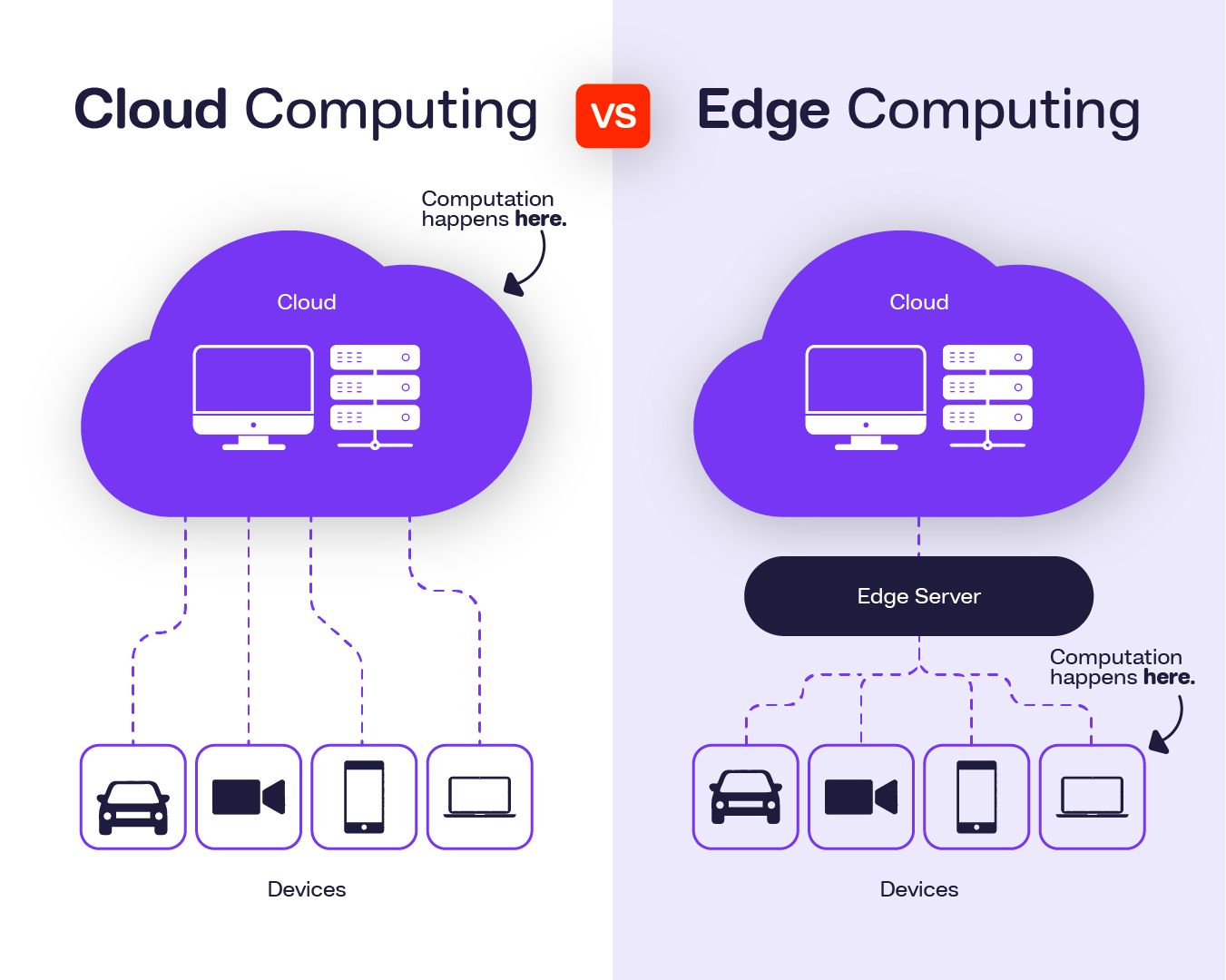Agencia 92: Your Source for Trending News
Stay updated with the latest insights and stories that matter.
Cloudy with a Chance of Data: Navigating the Skies of Cloud Computing
Discover the unpredictable world of cloud computing and learn how to harness its power for your success in our latest blog!
Understanding Cloud Computing: A Beginner's Guide
Cloud computing is a revolutionary technology that allows users to store and access data and applications over the Internet instead of on a personal computer or local server. This model offers various services, including storage, databases, networking, software, and analytics, making it a flexible solution for businesses and individuals alike. At its core, cloud computing can be categorized into three main types: IaaS (Infrastructure as a Service), PaaS (Platform as a Service), and SaaS (Software as a Service). Understanding these categories is essential for anyone looking to leverage cloud technology effectively.
One of the key advantages of cloud computing is its scalability, enabling users to adjust their resources based on demand. Additionally, cloud solutions reduce the need for extensive physical infrastructure, leading to lower operational costs. Businesses can benefit from enhanced collaboration, as teams can easily share and access documents in real-time from any location. While there are numerous advantages, it's also important to consider security aspects and choose reputable cloud service providers to safeguard sensitive information and ensure compliance with relevant regulations.

Top 5 Benefits of Migrating to the Cloud
As businesses increasingly look for ways to enhance their operations, migrating to the cloud has emerged as a top solution. One of the most significant benefits of migrating to the cloud is cost efficiency. Traditional infrastructure setups often require substantial capital expenditure for hardware and maintenance, but with cloud services, companies can leverage a pay-as-you-go model, significantly reducing upfront costs. This shift allows businesses to allocate their budget to other critical areas, promoting growth and innovation.
Another key advantage is improved scalability. With cloud solutions, organizations can easily scale their resources up or down based on demand. This flexibility is particularly beneficial for businesses experiencing seasonal fluctuations or growth spurts. Additionally, the availability of advanced tools and services in the cloud enables companies to swiftly adapt to market changes, enhancing their competitive edge. Overall, the top benefits of migrating to the cloud create a strategic advantage that fosters agility and long-term success.
How to Choose the Right Cloud Service Provider for Your Business
Choosing the right cloud service provider is a critical decision for your business, as it can significantly impact your operations, scalability, and security. Start by evaluating the specific needs of your business. Consider factors such as the types of applications you run, storage requirements, and expected growth. Create a checklist of must-have features, including data security, compliance standards, and support services. Additionally, research various providers in the market and compare their offerings against your checklist to ensure alignment with your business goals.
Don’t overlook the importance of customer support and service-level agreements (SLAs). Strong customer support can be a lifesaver during critical moments, so choose a provider known for excellent service. Look for reviews and testimonials to gauge the reliability of the services provided. Finally, consider the cost structure and flexibility of each provider; ensure you understand the pricing model and any potential hidden fees. By thoroughly assessing these factors, you can make an informed decision and choose the right cloud service provider for your business needs.